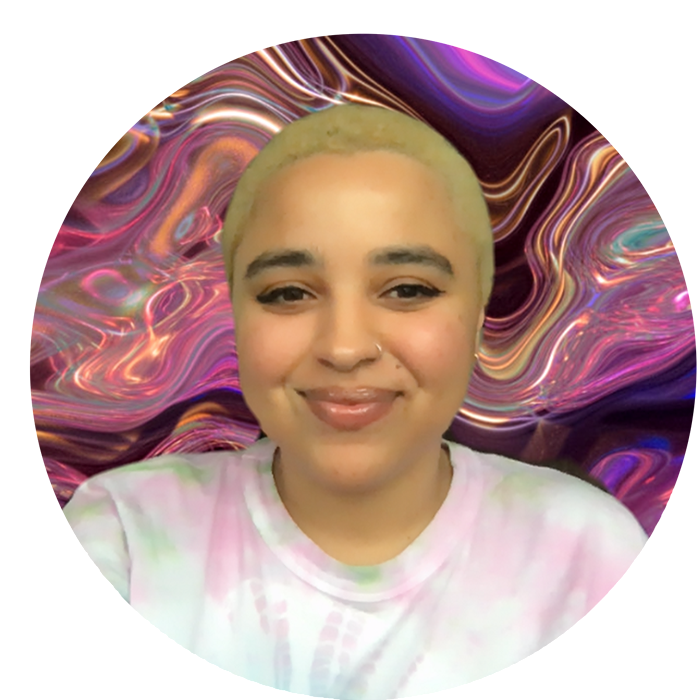Toni Morrison's boundaries seemed to extend beyond death. Beyond life, too. But Monday evening, her publisher, Knopf, confirmed Morrison passed away in a Bronx hospital. She was 88.
Morrison was the author of 11 novels (including Sula, The Bluest Eye, Song of Solomon, Tar Baby, Beloved, and Jazz), five children's books, literary criticism, and two plays.
The first black-American woman ever to win a Nobel Prize in literature, Morrison wrote some of the most blisteringly heart-wrenching and beautiful sentences, characters, stories, histories, books in the English language. About black people. She died leaving absolutely no peers, only students.
As of today, no one alive can write a good sentence.
— Morgan Parker (@morganapple) August 6, 2019
Ultimately, nothing about Morrison can be overstated—her sharpness, her use of language, the complexity of the stories she told, how she sketched a black consciousness and literary tradition that reverberated across generations of black writers and that will continue to do so.
She always kept blackness, black people, black life at the center of her creative work. The 2019 documentary Toni Morrison: The Pieces I Am, Time quotes her saying, “I’ve spent my entire life trying to make sure the white gaze was not the dominant one in any of my books.” And it's not.
We are profoundly sad to report that Toni Morrison has died at the age of eighty-eight.
“We die. That may be the meaning of life. But we do language. That may be the measure of our lives.”
February 18, 1931 – August 5, 2019 pic.twitter.com/DWnElCpMKc
— Alfred A. Knopf (@AAKnopf) August 6, 2019
Born Chloe Ardelia Wofford on Feb 18, 1931 in Lorain, Ohio, Morrison was the daughter of sharecroppers who migrated from Alabama to Ohio. At the age of 12, she changed her middle name to Anthony after converting to Catholicism. Her friends at Howard University in D.C., an historically black university, shortened it to "Toni" after finding the name "Chloe" hard to pronounce.
She graduated from Howard in 1953 with a degree in both English and Classics. Morrison got her master's in English from Cornell in 1955. From there, she became a professor of English at Texas Southern University for two years—another historically black university—before coming back to Howard as a faculty member.
She married Harold Morrison in 1958, a Jamaican architect. The couple had two sons before divorcing in 1964. As a single mother, Morrison moved to Syracuse where she eventually got a job as an editor in the textbook division of Random House.
During this period Morrison began expanding a short story she wrote about a black girl who thought having blue eyes would improve her impoverished life. The larger story became her first novel, The Bluest Eye. It was published in 1970, when Morrison was 39, raising two children on her own and waking up at 4 a.m. to write.
with marked hearts and a roaming loneliness, we asé the ancestral transition of our most beloved writer, Toni Morrison.
“mark the mark on me, too.” pic.twitter.com/FFVHgibtsX
— [redacted] (@jatella) August 6, 2019
As an editor in New York City at Random House's trade book division in the late 1960s, Morrison oversaw black writers such as Gayl Jones, Angela Davis, Muhammad Ali, and Toni Cade Bambara. While researching The Black Book—a book on black-American visual history—she came across an article from the 19th century about an escaped enslaved woman, Margaret Garner, near Cincinnati. At the point of capture, Garner murdered her child rather than allowing her child to be enslaved.
This article sowed the seeds of what many—including this writer—consider to be her masterpiece, Beloved, the winner of 1988 Pulitzer Prize and the most American of ghost stories. It was released to instant acclaim and stayed on the best-seller list for 25 weeks. Over the course of her career, Morrison has enjoyed both critical and commercial success, with her books consistently ranked among the best in the English language.
I've always maintained that the best kind of art is the art that immediately compels you to create. Her 1973 novel Sula—the story of a complex relationship between two childhood friends—did just that, convincing me of my own ability, my own worth as a writer. Reading her prose, especially in Beloved, was like seeing myself, my family, my history reflected at an angle that I'd never seen before. Not necessarily flattering, but eye-opening. True. Full of love and urgency.
Morrison's death has wrecked me. I'm in mourning. But death puts no limit on Morrison's influence or presence in my life and in the lives of her readers. The thing about truly great literature is that it's always great. It never spoils. It only constantly reveals. I would encourage everyone who hasn't read any book by Morrison to do so now. I'm going to end this post with two videos that I think you should watch.
Here she is quietly, deftly, and brilliantly filleting Charlie Rose for asking her if she'll ever stop writing about race (meaning, will she ever write about wHiTe PeOpLe?). "The problem of being free to write the way you wish to without this other racialized gaze is a serious one for an African-American writer."
Or, oh my god, here she is again on Charlie Rose, talking about the trouble with white identity: "If you can only be tall because somebody's on their knees, then you have a serious problem. And my feeling is white people have a very, very serious problem, and they should start thinking about what they can do about it. Take me out of it."
BONUS: Watch her also confront her interviewer's racist questions in the most devastating way:
Rest in Power, Toni Morrison.
For Seattle-area people, the documentary Toni Morrison: The Pieces I Am is currently screening at Grand Cinema in Tacoma.



















